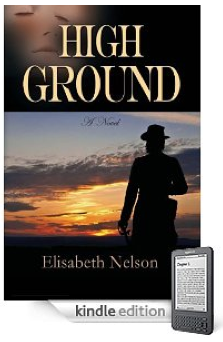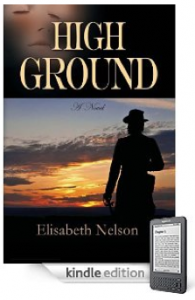“This damn war has cost me everything I love…everything that mattered, and I don’t even know why I’m fighting anymore.”
In 1860, Captain Garrett Fitzwilliam is living in the center of American politics, viewing the divisive issues of the day through his nonpartisan lawyer eyes. His life is defined by love of country and faith in the rule of law…until Rachael Hayes Kendrick enters his world. This sassy young widow captures more than the cocky captain’s imagination. She proves to him that love is indeed an act of faith, and Rachael’s faith in Garrett is indomitable. Her faith will sustain him when war divides the North and the South; his misguided sense of duty may cost him her love. But for what exactly did he pay so high a price?
In the wake of war, everything Garrett believes in, the core of his existence, is collapsing. The Union army suffers repeated defeats not owing entirely to the brilliance of Robert E. Lee’s command of the Confederate army, and in Washington, a very different enemy has emerged. This insidious enemy poses a threat to the United States that Garrett never thought possible. But this enemy no officer may dare to challenge.
So how will Garrett Fitzwilliam defend his country when his country’s survival depends upon an army sabotaged by its own incompetence? Or was his country lost when the man who swore an oath to preserve, protect, and defend the Constitution imprisoned his political foes?
Would the answers matter so much to Garrett if Rachael loved him again?
I was thoroughly entertained by the exchanges between many of the main characters. The characters were real, sympathetic and fully fleshed out. No one in this book was idealized or too perfect to be a real person, and that’s hugely important. The history was woven through the story masterfully, and was as much part of every scene as the characters were, ad accounts of the battles were gripping and extremely visual.
All in all, I fell in love with Garrett, wanted to be Rachael, and rooted for them throughout, so this book is definitely on the WIN pile.” – Amazon Reviewer, 5 Stars
From the Author
While writing the story, I made a conscience effort to view the period through the eyes of someone living at that time, characters who don’t have the advantage of hindsight. I point that out because it’s only in hindsight that we recognize the success of Lincoln’s presidency and his handling of the crisis that threatened the nation. At the same time, we have simplified the conflict to a single issue, slavery. I don’t deny that slavery was a critical factor, but I believe the issues dividing the nation were more complicated, and yet, all those issues are first and foremost about power-political and economic power, which was divided between competing regional interests-North and South.
A driving force behind that power struggle was the competing interpretations of the Constitution: Was the union of the states perpetual, or was it a compact that could be dissolved? In other words, what are states’ rights? A hundred and fifty years later, that question is still unanswered-with one exception. The war decided that state’s are not free to leave the Union at will. Otherwise, the struggle to maintain the balance of power between the federal and state governments continues.*
In High Ground, I attempt to provide a broader framework within which to view the War Between the States. From there, I tell the story of a man who dedicated his life to serving, protecting and defending his country, but sees the freedom and democracy guaranteed in the Constitution, everything he is fighting for, being sacrificed in Lincoln’s efforts to save the Union.
If I have learned anything in the process of writing my novel, it is that in one way or another history repeats itself. During times of war, we still have to ask ourselves what freedoms will we sacrifice, or can we sacrifice, and still be America?

*Neither the Emancipation Proclamation nor the war ended slavery in America. The war did make it possible to adopt the Thirteenth and Fourteenth Amendments to the Bill of Rights, which ended slavery and provided citizenship to the former slaves.
In her first novel, High Ground, Elisabeth combines her love of history, law and true romance to portray the legal, political and moral conflict preceding the American Civil War; and the disillusionment and devastation of war as seen through the eyes of an idealistic army lawyer and the daughter of an American diplomat.

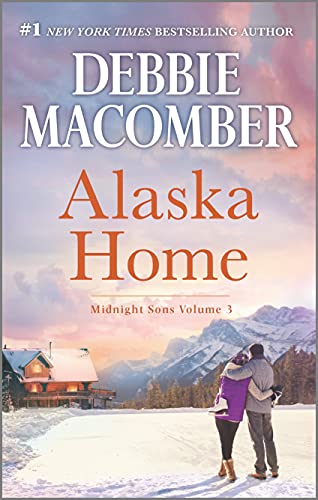
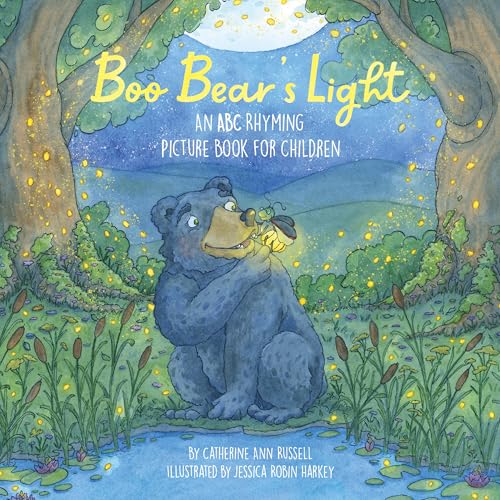

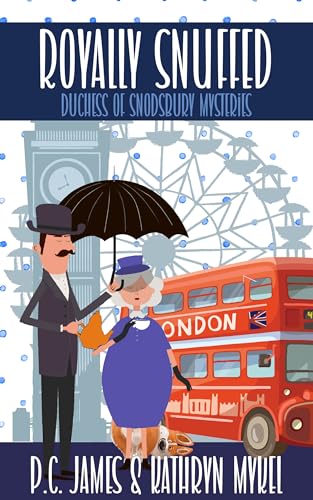
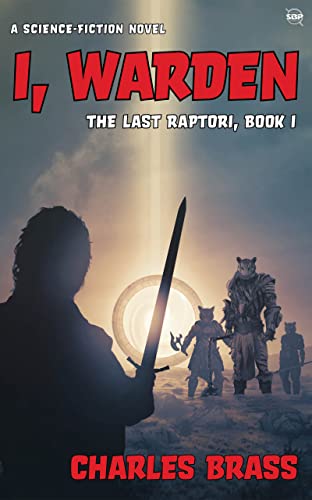


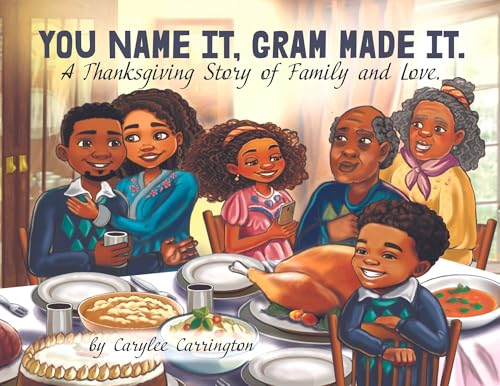

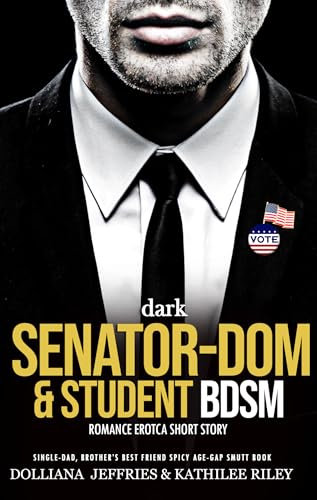
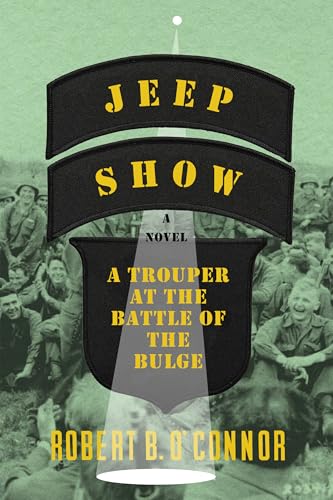
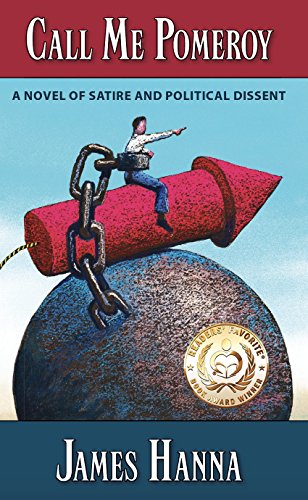



 Elisabeth Nelson is an attorney turned author of historical fiction. A Colorado native, she is currently living in Connecticut where she continues to practice appellate law while writing historical fiction.
In her first novel, High Ground, Elisabeth combines her love of history, law and true romance to portray the legal, political and moral conflict preceding the American Civil War; and the disillusionment and devastation of war as seen through the eyes of an idealistic army lawyer and the daughter of an American diplomat.
Elisabeth Nelson is an attorney turned author of historical fiction. A Colorado native, she is currently living in Connecticut where she continues to practice appellate law while writing historical fiction.
In her first novel, High Ground, Elisabeth combines her love of history, law and true romance to portray the legal, political and moral conflict preceding the American Civil War; and the disillusionment and devastation of war as seen through the eyes of an idealistic army lawyer and the daughter of an American diplomat. Loading
Loading














